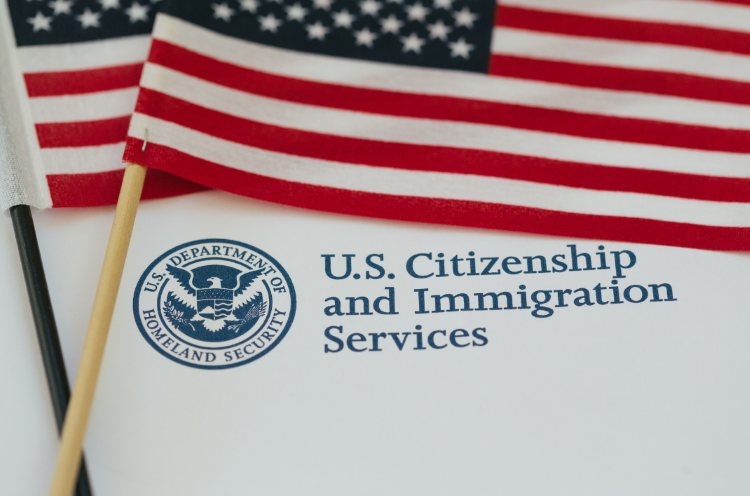
Not everyone who is a permanent resident becomes a U.S. citizen (i.e., naturalizes), nor is there any legal requirement that one must naturalize. However, permanent residents who naturalize gain important benefits, not the least of which (these days) is security from deportation or removal from the United States (in most cases) and the ability to travel with a U.S. passport.[1]
Very generally speaking, in order to naturalize, an applicant must: (1) be 18 years of age or older, (2) be lawfully admitted for permanent residence (i.e., a green card holder); (3) continuously reside in the United States for the five year period before applying (or three years if the applicant is married to a U.S. citizen); (4) be physically present in the United States for at least half of that five years period (or half of the past three years if the applicant is married to a U.S. citizen); (5) be a person of good moral character during the “statutory period”; (6) pass an English and civics test; and (7) take the full oath of allegiance. There are nuances and exceptions to virtually all of those elements, and there are other ways to naturalize altogether.
So, what kind of tests must one pass to naturalize?
The English Language Test
In order to become a U.S. citizen, most naturalization applicants need to be able to demonstrate proficiency in speaking, comprehending, reading and writing English. A U.S. Citizenship and Immigration Services (“USCIS”) examiner will test the applicant during the initial naturalization interview.
The USCIS examiner doing the interview will pay close attention to how well the applicant communicates and how well the applicant understands English while they are talking with him or her. The applicant will also need to read a sentence aloud and also write out a sentence. The reading and writing tests allow the applicant to select one of three sentences.[2]
The Civics Test
The civics test evaluates an applicant’s understanding of U.S. government and history. With few exceptions, the law requires that a naturalization applicant understand the laws and government if he or she plan to permanently live in the United States.
Under current regulations, there are 100 possible civics test questions. USCIS provides all the questions and answers to naturalization candidates. During your oral civics test, the USCIS examiner will ask the applicant 10 questions from the list of 100, and the applicant needs to answer 6 of those questions correctly to pass.[3]
If an applicant fails either portion of the test, he or she will have the option of retaking the test one time, usually in about 30 days.’
Understanding the testing requirements and properly preparing for them are both important parts of the naturalization process. The right preparation and support will increase an individual’s chances of turning his or her green card into full-fledged U.S. citizenship.
Is it worth it? I don’t often counsel clients to become a U.S. citizen. I think that’s a very personal decision, and there are many factors that go into that decision. However, these days, I personally think there’s much more at stake for permanent residents. We are living in an unprecedented moment in history, and even in a post-Trump world, it feels like the rules of engagement in the world of immigration are changing by the day. I would not normally counsel clients (or anyone for that matter) to become a U.S. citizen. However, in these uncertain times, I think it’s very much worth looking into.
[1] There are of course many other reasons a permanent resident might want to naturalize, including that only U.S. citizens may: (a) vote in federal, state, and most local elections, (b) receive U.S. citizenship for their minor children born abroad, (c) receive diplomatic protection from the U.S. government while abroad, (d) receive full protection from loss of residence rights, (e) meet the citizenship requirement for federal and many state and local civil service employment, including jobs with law enforcement agencies and Defense Department contractors, (f) receive the full range of federal public benefits and certain state benefits, (g) participate on a jury, and (h) run for elective office where citizenship is a requirement.
[2] There are various exceptions available to applicants including, for example, applicants who (a) are age 50 or older and who have resided in the United States as a lawful permanent resident for at least 20 years at time of filing, (b) are age 55 or older and who have resided in the United States as an LPR for at least 15 years at time of filing, (c) are age 65 or older and who have resided in the United States as an LPR for at least 20 years at time of filing, or (d) are able to demonstrate a medical disability.
[3] Applicants who are age 65 or older and who have resided in the United States as an LPR for at least 20 years at time of filing are required to take the civics test, but the examiner will administer specially designated test forms. Applicants may also take the civics test in their language of choice using an interpreter. In addition, individuals with medical disabilities may qualify for accommodations while taking the test.
